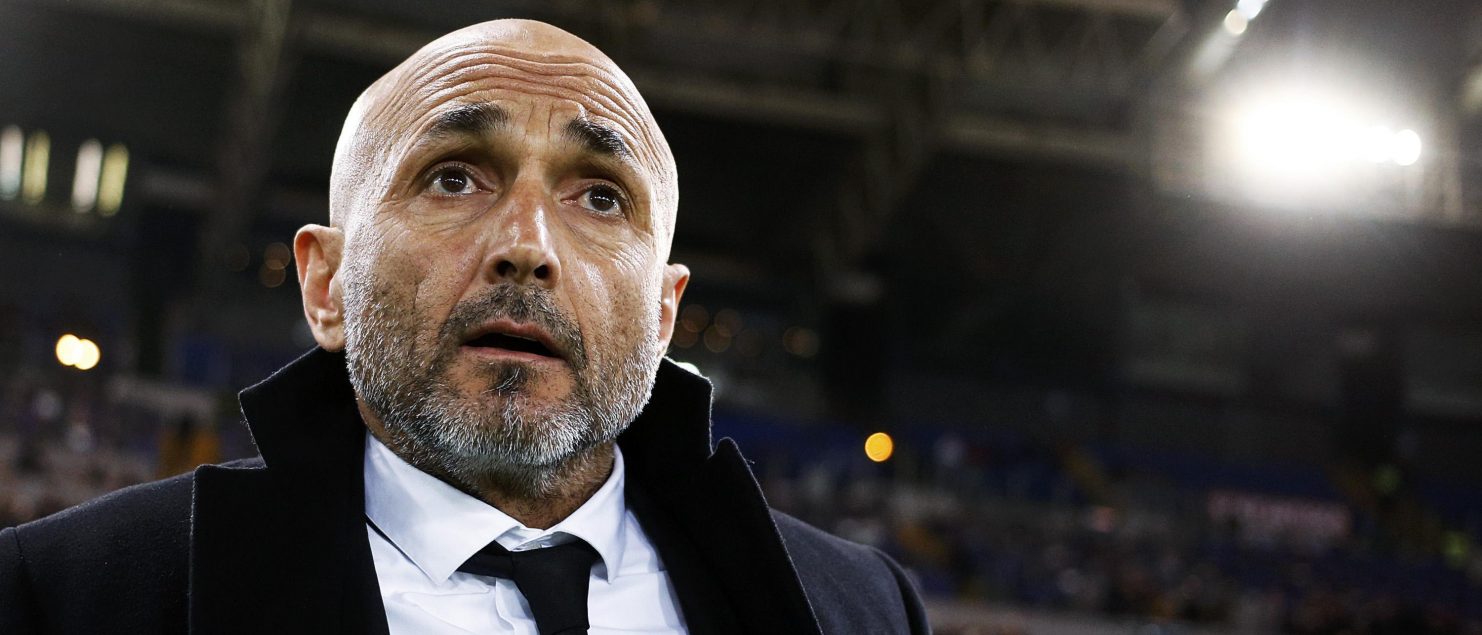Luciano Spalletti and Borja Valero: Key Players in Inter’s Latest Rebranding Project
Last season, FC Internazionale Milano finished their Serie A campaign in 7th place, which meant that they would not be participating in any European Cups in the upcoming season. The mighty have fallen – that 2010 Treble seems like it happened an eternity away. Inter’s decline has been sad to watch, even for the neutral fan. Last summer, it seemed like the gradual downfall of the Italian football heavyweight would have come to an end: the new owners, a Chinese holding company called “Suning Holdings Group Co., Ltd.” splashed the cash on the likes of Antonio Candreva, Ever Banega, João Mário and the Brazilian youngster Gabriel Barbosa (aka Gabigol) to help Roberto Mancini reach a Champions League spot. But it was just the beginning of the end.
Mancini left the club a few days before the start of the season, forcing the board to hire Frank De Boer: bad performances (especially in the Europa League), inconsistency and unconvincing wins (mainly thanks to Mauro Icardi and Ivan Perisic) saw the Milan-based team sack the Dutchman in November.
Replacement Stefano Pioli seemed to have fixed things with an impressive eight-game winning streak in Serie A which increased their chances of a top-three finish when, in an unexplainable manner, the team switched off in spring and ultimately fell out of the Europa League spots. Pioli was sacked in May and, while the team was lead by Stefano Vecchi (the Primavera coach), Suning Group started looking around for solutions to improve the squad.
The eccentric
In Luciano Spalletti, Inter have found the ideal profile for their rebranding project.
A charismatic and astute tactician, the Tuscany-born coach lead Roma to their best ever tally (87 points, 90 goals scored) in Serie A last season. Unfortunately, it wasn’t enough as Juventus won the Scudetto. A series of quarrels with the club over different issues (mainly about the management of Totti’s final season) saw him leave the capital for a second time.
Spalletti is a well renowned coach in Italian football and Europe: he is ambitious, tactically flexible and a interesting figure when it comes to communication with the media.
He is maniacal about football, in all aspects: he loves and lives for the game, always seeking to improve his players and give them a clear identity. He doesn’t have a favourite type of formation although he has mostly used a 4-2-3-1 system so far in his career: last season for example Roma switched through a 3-4-1-2 and a 4-3-3 with ease.
His teams play an attractive, attacking-minded football, press high up the pitch and are deadly on the counter. His biggest tactical achievement is by far the 4-5-1 or 4-6-0 formation he used in his first spell with the Giallorossi, with Francesco Totti dropping deeper as a “false nine” to open up spaces for his teammates top run into.
He hasn’t won much in his career but has always received credits from his (former) players and colleagues.
It’s right to point out though that his strong personality has often seen him in conflict with some players: this happened in 2010, when he resigned after falling out with the team. At Inter, he’ll have to deal with a bunch of players with good qualities whose talent has been hampered by inconsistency, poor work ethic and low self-esteem.
He can be very demanding from his teams but he has all it takes to make a turnaround, for good this time. Spalletti learnt how to cope with pressure during his Roman stints and delivered some good results, therefore he shouldn’t have many problems in adapting to another high-demanding reality.
The quiet guy
One of the areas in which Spalletti recognized the need for improvement was Inter’s ball possession: how efficiently they used it, retained it and created chances with it. Their buildup phase was quite chaotic last season and in the final third they mainly relied on bombing the penalty box with hundreds of crosses – something David Moyes would have been proud of.
For this reason Inter signed Borja Valero Iglesias from Fiorentina at 5.5 milion euros on a three-year contract.
The Spaniard is one of the finest players in the league and perhaps one of the most underrated. Only the abundance of talent in Del Bosque’s midfield saw him miss out of national glory with the Roja.
Valero is a very versatile and technically-gifted player: he can function as a roaming playmaker, a deep-lying regista or a trequartista. In all the cases, he makes his teammates work more easier. His football IQ is very high and Borja not only knows the right thing to do, but also when and how to do. Age (he’s 32) might have limited his dynamism but his calm and composure on the ball are exactly what Inter need to control possession and win games. Borja Valero is a quiet person off the pitch but possesses a great charisma and experience. He likes to make his teammates’ job easier during the match and has the technical abilities to stand out of the crowd and stamp his authority on crucial games.
Opposite but similar
Spalletti and Borja Valero might seem different characters but they do have some features in common (and I’m not referring to their baldness): they both like to improve others in order to improve themselves. They let the pitch speak for them and have the attributes to cope with pressure, be it from the media or the press.
In the end, Suning just might have made the right decision to revive Inter Milan’s domestic and international ambitions: to find out, we’ll just have to wait for next season, and see what happens.
Writer: Charles Onwuakpa/@CharlesOnwuakpa
Photo: ANSA/RICCARDO ANTIMIANI
